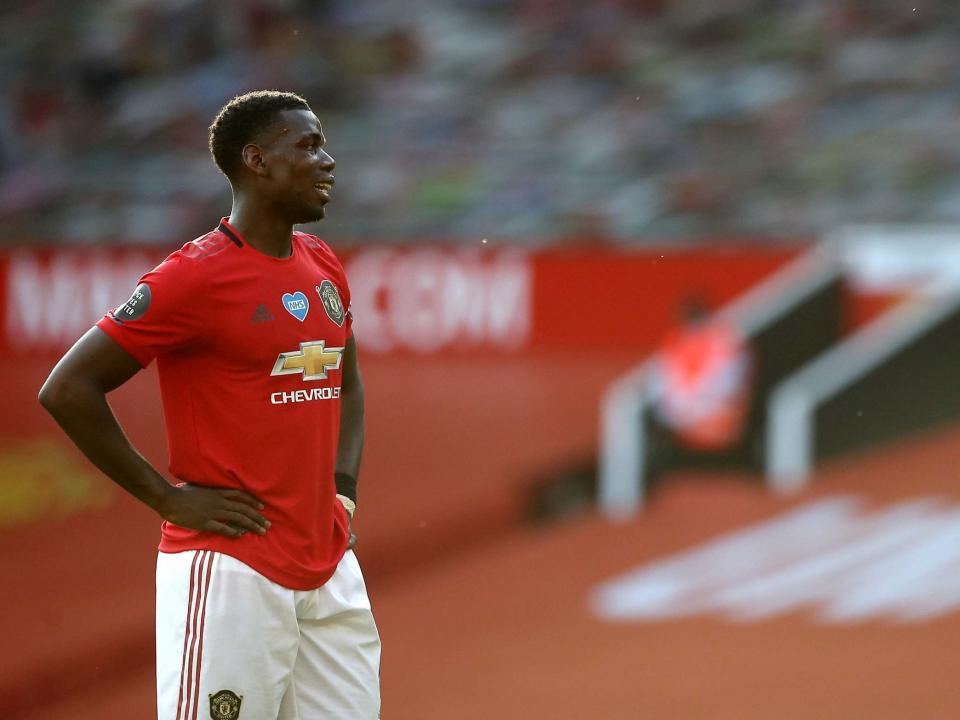Football commentary has evidence of racial bias, groundbreaking study finds

Football commentators are six times more likely to be talking about players with darker skin when discussing how powerful they are, according to a groundbreaking study into racial bias.
The result of the study, completed by Danish research company RunRepeat in association with the Professional Footballers’ Association and the largest of its kind in the English language, reveals clear evidence of systemic bias within football commentary as a time when the treatment of black, Asian and minority ethnic (Bame) communities is under the microscope.
Eighty matches from Europe’s top four leagues – the Premier League, Serie A, La Liga and Ligue 1 – were analysed from the 2019/20 season, with a variety of broadcasters represented across the UK, United States and Canada including Sky Sports, BT Sport, NBC, BeinSport, ESPN and Turner Sports.
It revealed genuine cause for concern that the opinions expressed by the sport’s leading commentators regarding Bame players are vulnerable to racial bias, regardless of intention, with aspects of pace, power and work-rate viewed differently when compared to similar assessments of lighter skin tone players.
Focussing on different 15-minute segments surrounding 643 individual players of various race and skin tones, it was found that commentators are 6.59 times more likely to be talking about darker skin tone players when mentioning power, and 3.38 times more likely when discussing speed. The presence of bias meant that 86.76 per cent of all positive comments about power were aimed at darker skin tone players, with 84.17 per cent for speed.
Number of Bame captains across four of Europe’s top leagues
Because 1,361 of the total 2,073 comments were made towards lighter skin tone players, a multiplier of 1.9 to give a total of 1,362 in order for the two to be fairly compared.
Researchers also used the 20 skin tones as marked out by Football Manager 2020, given it sets a predetermined class that removes any interpretation of a players ethnicity or race and judges the comments on skin colour alone. Classes 1-11 were classified as ‘lighter skin tone’, with the remaining 12-20 making up the players with ‘darker skin tone’. With the total sample size of 643 players, 433 were classified as ‘players with lighter skin tone’ and 210 were classified as ‘players with darker skin tone’.
The report states: “Players have been unified in their support of the Black Lives Matter movement, sending a strong message about equality.
“However, the players themselves still have to navigate systemically racist structures, despite their significant platforms and professional success. This racial bias study makes the nuances of that structure apparent.
“We now need everyone in football, including commentators and broadcasters, to consider the part they play in furthering implicit bias towards people with darker skin tones.”
Read more
Lampard: ‘Fantastic’ Sterling got manager race comments wrong
Sterling hails ‘massive step’ after players take a knee before game
Southgate: Players can ‘make a difference’ in fight against racism

 Yahoo Sport
Yahoo Sport 





































